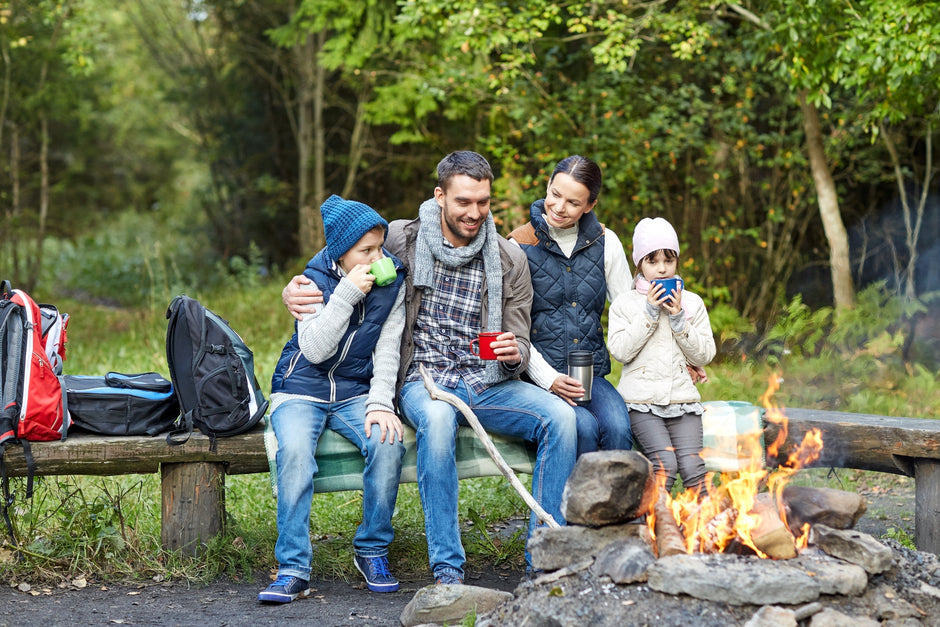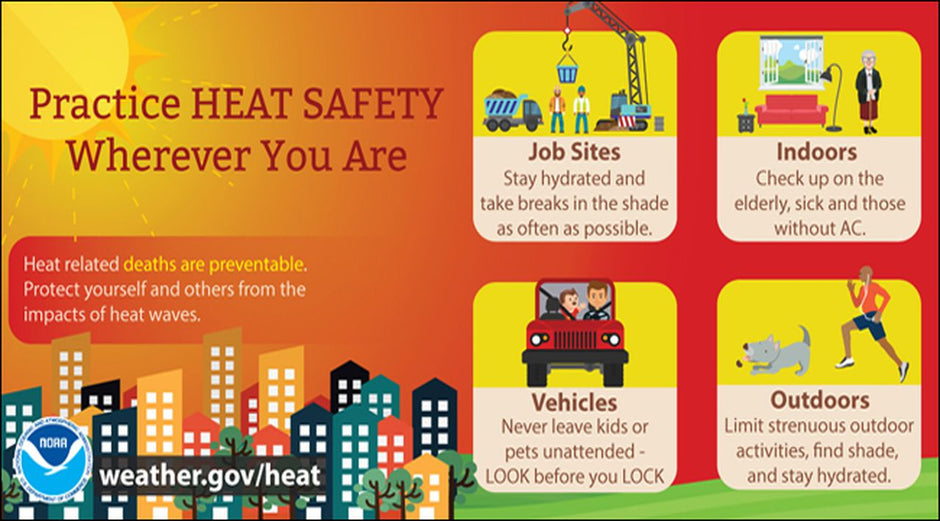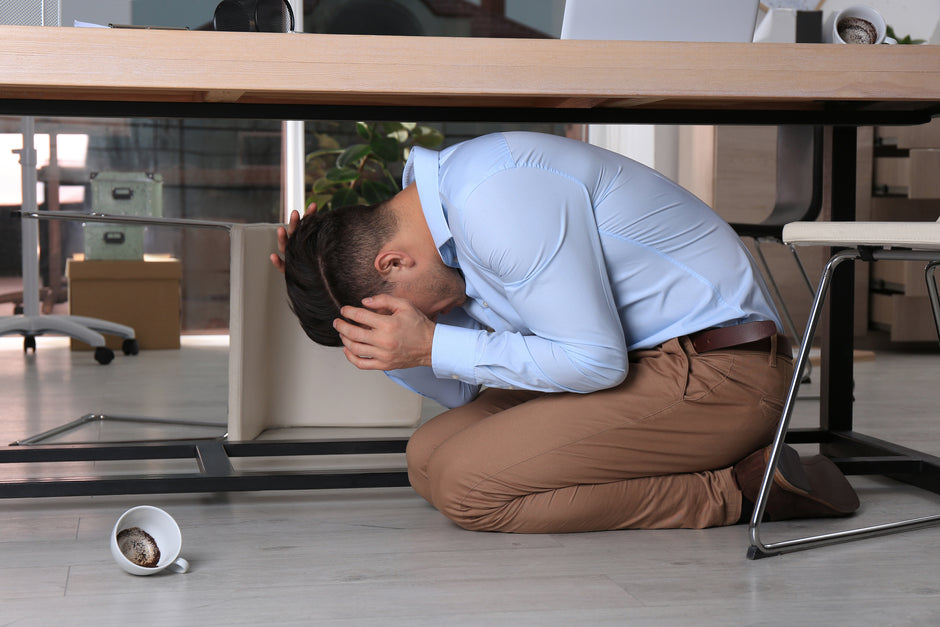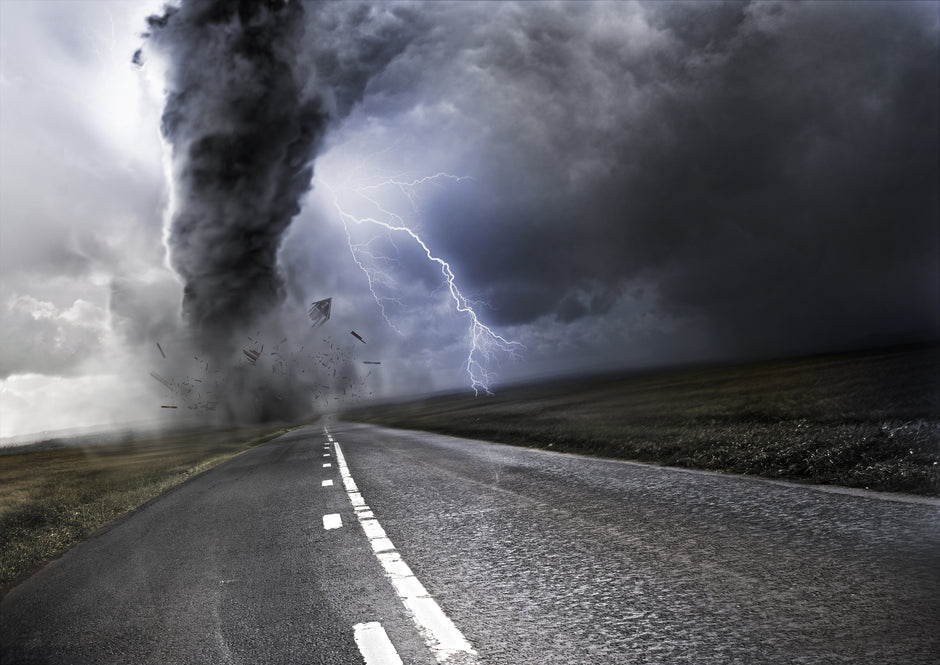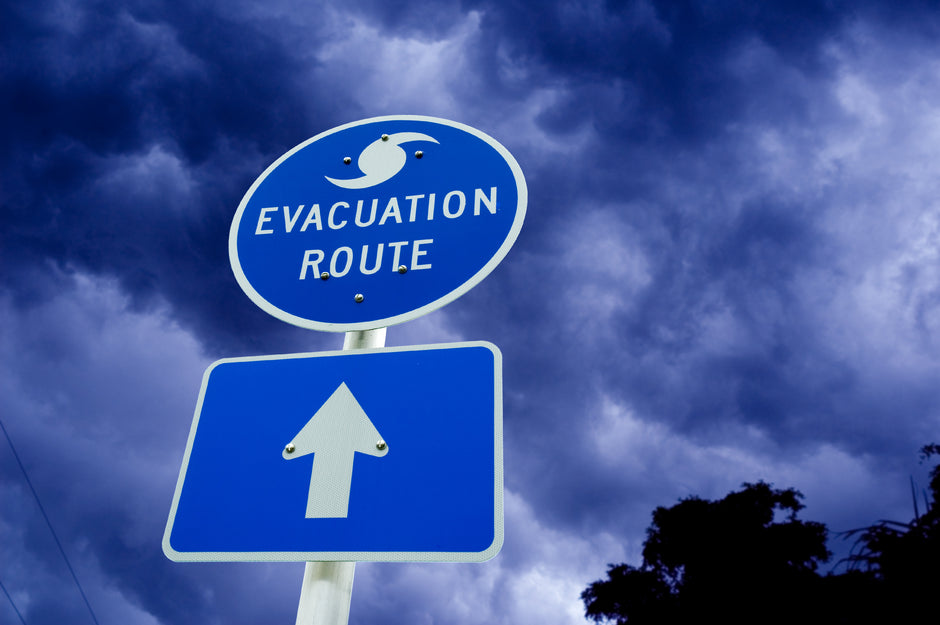Helpful Hurricane Safety Tips from the Centers for Disease Control & Prevention
To avoid common asthma triggers after a hurricane, be aware that an asthma attack can happen when you or your children are exposed to asthma triggers. After a hurricane, more or different asthma triggers may be present. The following tips can help you and your family avoid common asthma triggers after a hurricane:
- Wash hands. Illnesses such as colds or the flu can trigger an asthma attack. Keeping hands clean helps prevent the spread of cold and flu germs. If safe water is not available, you can use a hand sanitizer with a 60% alcohol content to clean your hands.
- Avoid homes or buildings with mold damage. People with asthma, allergies, or other breathing conditions may be more sensitive to mold. Try not to enter any building that has mold growth you can see or smell, or that had leaks that let water get inside. Children should not take part in disaster cleanup work, whether or not they have asthma.
- Be careful around generators. When a power outage occurs after a storm, some people may use generators as a backup power source. These generators provide power to appliances, lights, and other vital items in the home, including “breathing treatments” for asthma (also known as nebulizers). Using generators improperly can cause poisonous carbon monoxide or “CO,” which you cannot see or smell, to build up in a home, garage, or camper. Keep generators and other gasoline-powered engines at least 20 feet from any window, door, or vent and use a battery-powered or battery backup carbon monoxide detector in your home.
- Avoid smoking and secondhand smoke. Tobacco smoke is unhealthy for everyone, especially people with asthma. If you have asthma and you smoke, think about quitting. “Secondhand smoke” is smoke created by a smoker and breathed in by a second person. Secondhand smoke can trigger an asthma attack. If you have asthma, people should never smoke near you, in your home, in your car, or wherever you may spend a lot of time.
- Take your medicine exactly as your doctor or other medical professional tells you to do. Not everyone with asthma takes the same medicine. Some medicines can be inhaled or breathed in, and some can be taken as a pill. Asthma medicines come in two types—quick relief and long-term control. Quick-relief medicines control the symptoms of an asthma attack. If you need to use your quick-relief medicines more and more (for example, more than two times per week), you should visit your doctor or other medical professional to see if you need a different medicine.
- Manage stress. Strong emotions can trigger an asthma attack. Take care of your mind and body, connect with others, and seek help when you need it.
- Get a flu shot. Influenza, commonly called “the flu”, can trigger an asthma attack. Everyone 6 months of age and older should get a flu vaccine every year. Check with your doctor.


